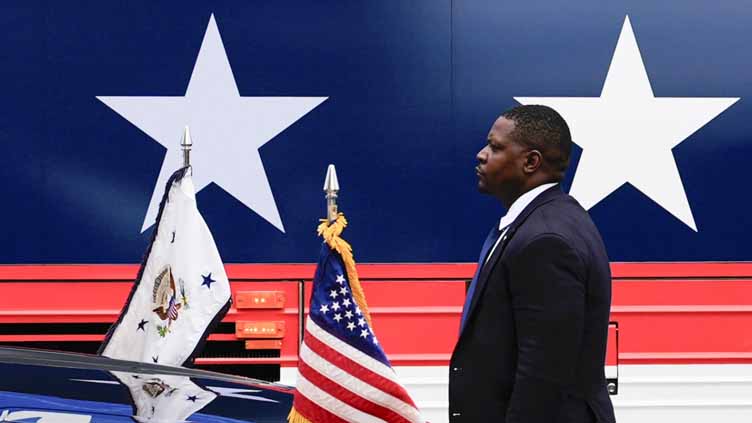Congress scrambles to ensure safety of presidential candidates in final weeks of campaign

World
It’s unclear, though, if Republicans would fight a funding boost.
WASHINGTON (AP) — Lawmakers are scrambling to ensure that the U.S. Secret Service has enough money and resources to keep the nation’s presidential candidates safe amid repeated threats of violence. It’s unclear, though, how much they can do with only weeks before the election, or if additional dollars would make an immediate difference.
The efforts come after an assassination attempt on former President Donald Trump at a rally in July, and after Secret Service agents arrested a man with a rifle hiding on the golf course at Trump’s Florida club over the weekend. The suspect in Florida apparently also sought to assassinate the GOP presidential nominee.
Democrats and Republicans have been in talks with the agency this week to find out whether additional resources are needed. And the House on Friday is voting on legislation that would require the agency to use the same standards for assigning agents to major presidential and vice presidential candidates as they do for sitting presidents and vice presidents.
“Luck cannot be a strategy by the Secret Service to have stopped these attempts,” said House Majority Leader Steve Scalise, R-La., who himself was shot in 2017 while at a baseball practice with colleagues. “The Secret Service has to do better.”
Rep. Mike Waltz, a Republican on the task force, said he pushed Secret Service officials Wednesday on what new resources they needed and they said they were still evaluating.
“I think it’s irresponsible to just throw money at it when they’re not even sure what exactly they need and how quickly they can get it,” the Florida lawmaker said, adding that he hopes the agency shifts to a more threat-focused approach to protecting officials and candidates.
It’s unclear, though, if Republicans would fight a funding boost.
“It’s been made implicitly clear that they’re stretched pretty thin,” said Democratic Rep. Glenn Ivey, a member of the task force. “I know that there’s some folks who see a $3 billion budget and think that should be enough. But when you look at where all of the bodies have to go, that’s a problem.”


